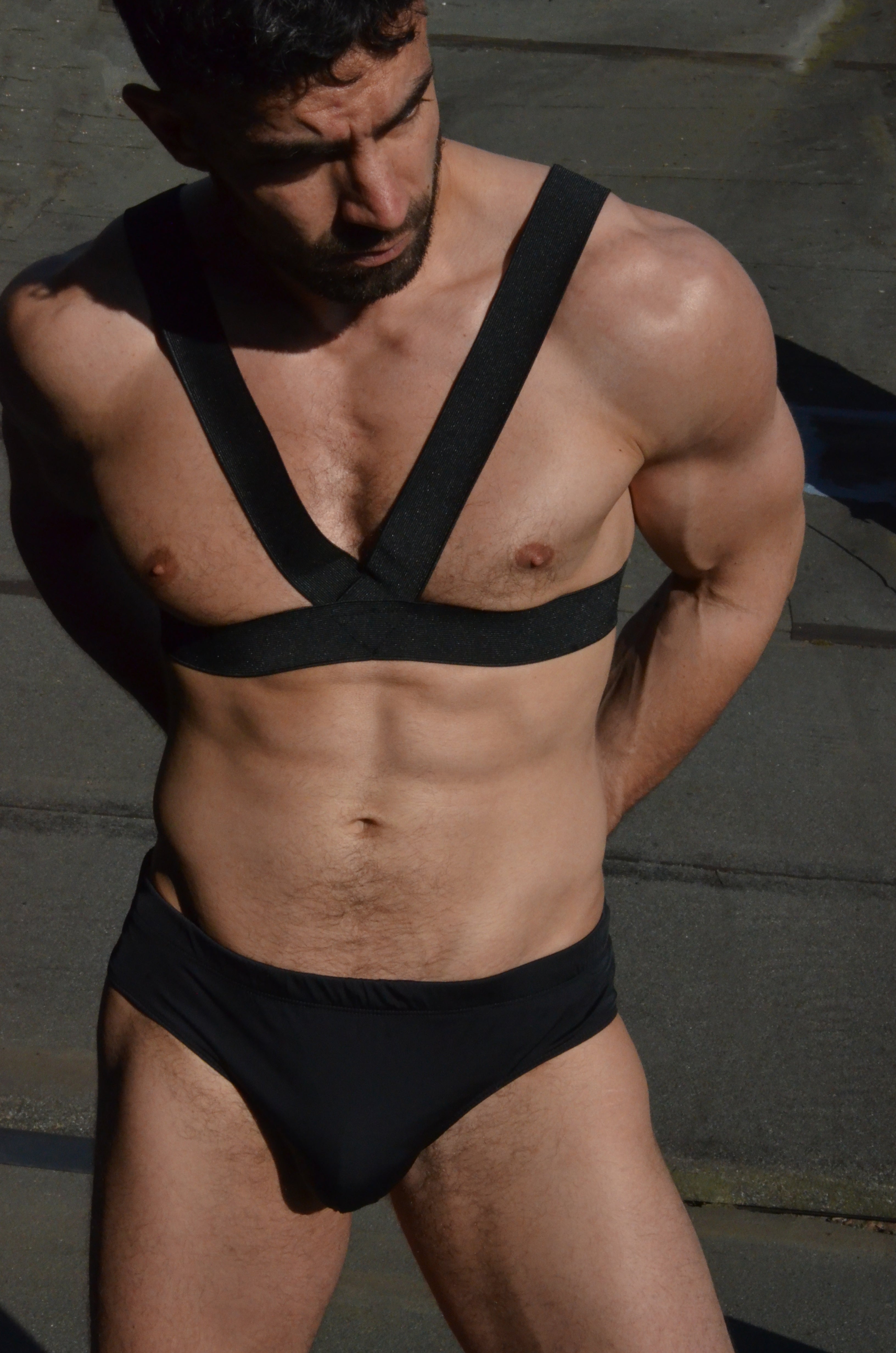
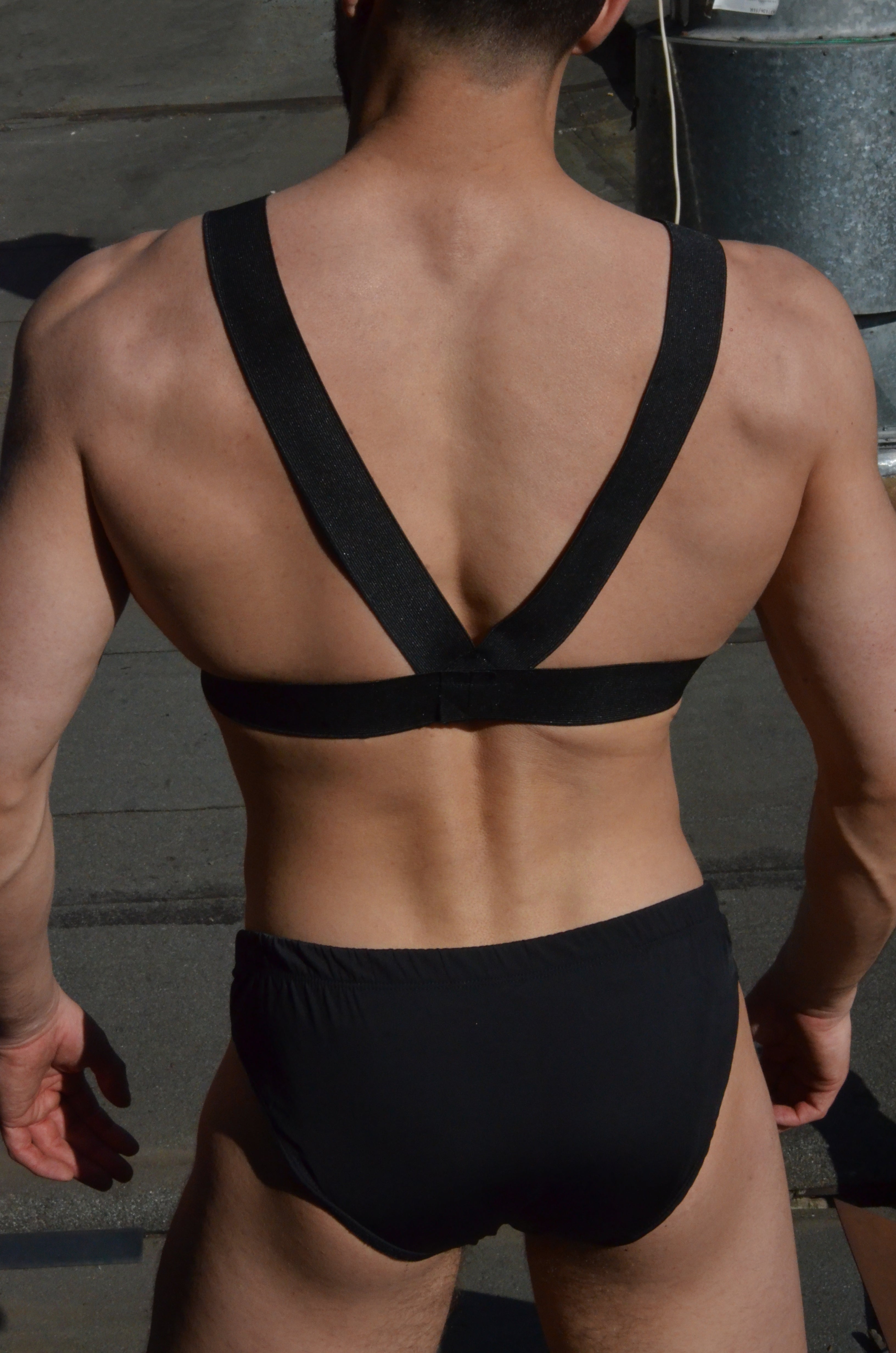
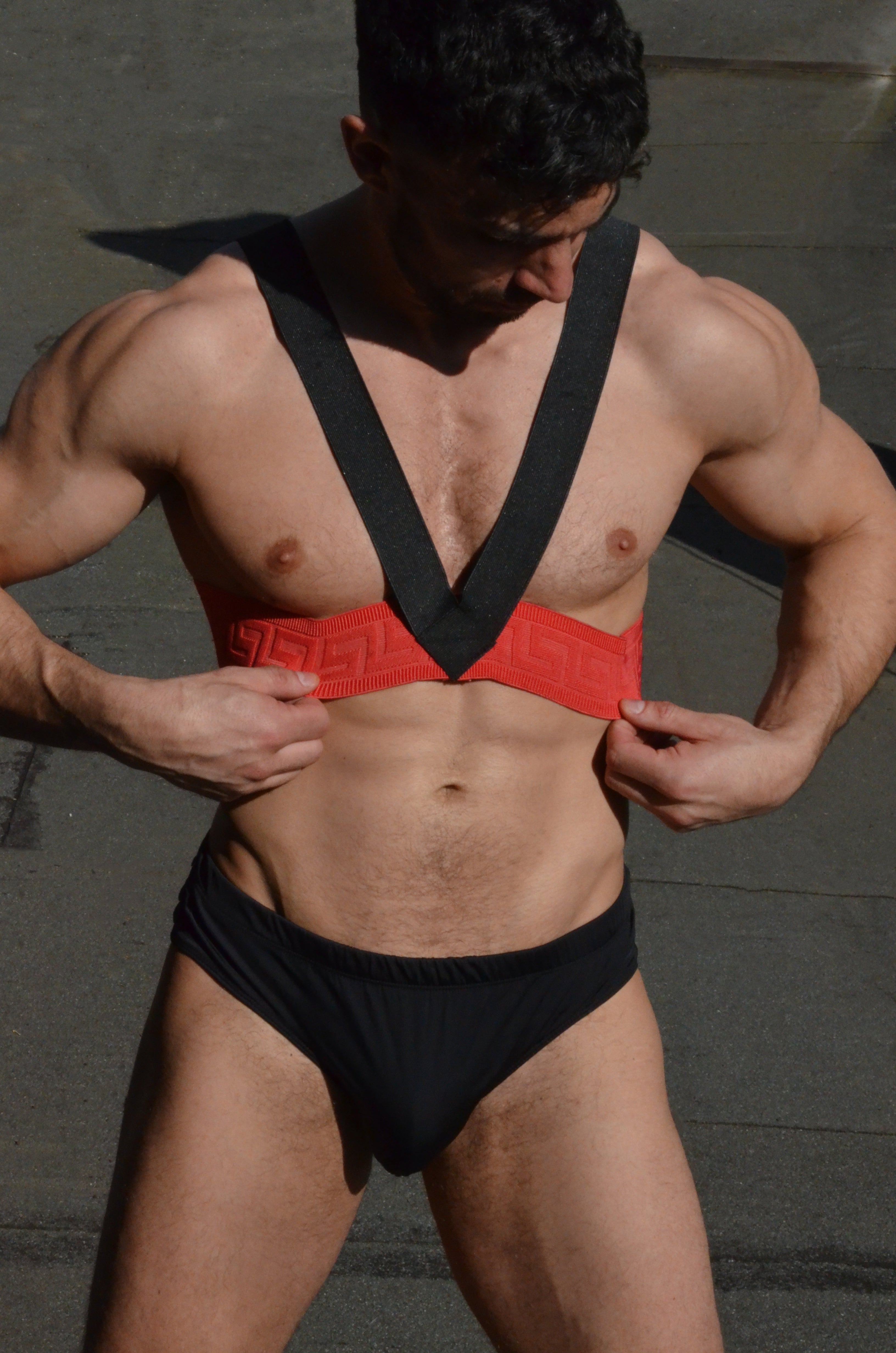
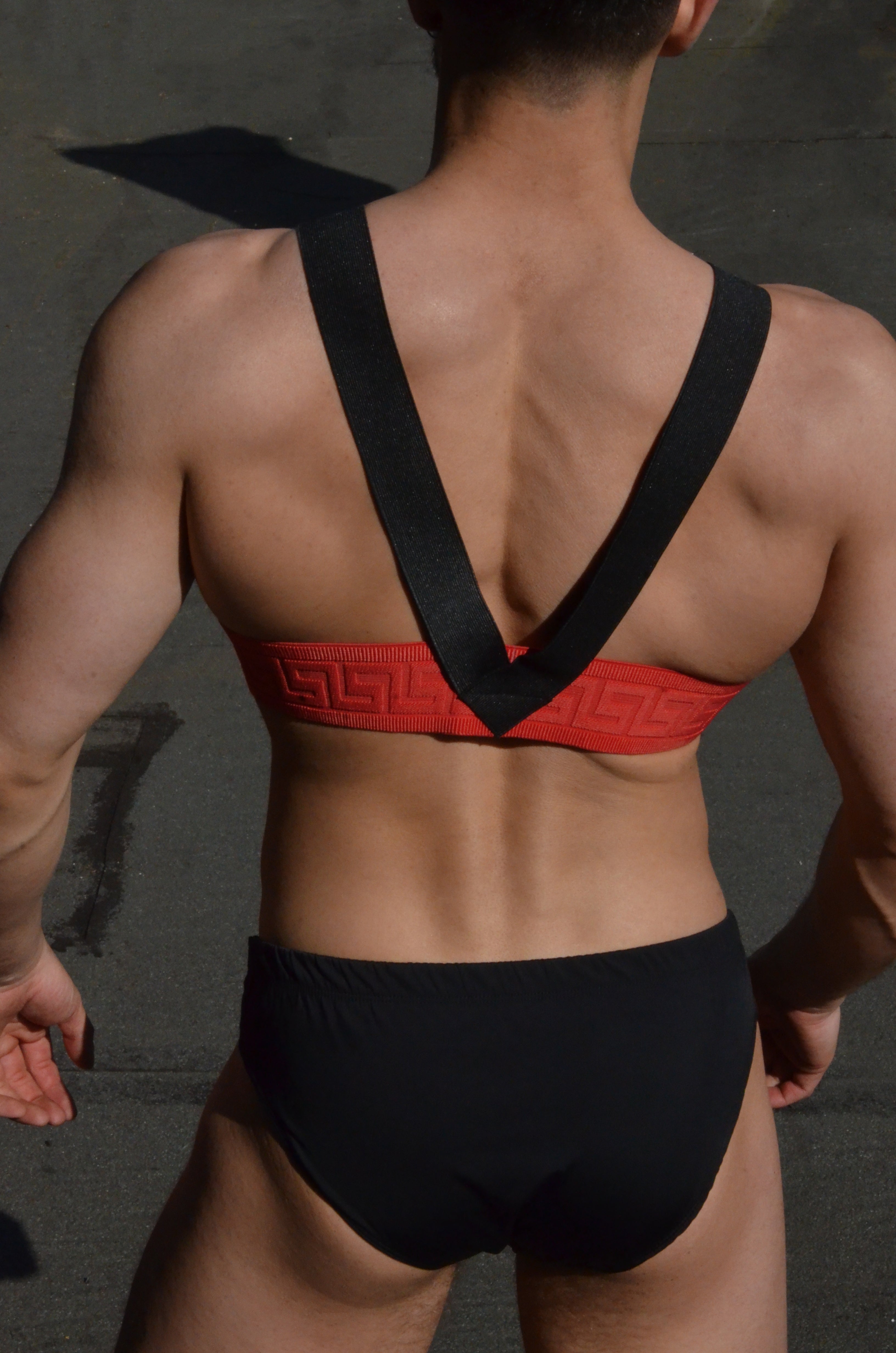
Harness, Classic V-Shape Chest Piece - Woven Finish Elastics
Tax included. Shipping calculated at checkout
The classic MAYL Wear V-Shape Chest Piece in black and a woven finish designed by Piotr Kopertowski. The chest harness is made from high-quality, strong yet soft banding. Should fit perfectly on the chest with a size of 80-97 cm / 31-38 inches. There is a limited amount of this set available. This piece was made to emphasize your chest and make your upper body part wider. The design was made to make you feel confident. Inspirations came from hiking harnesses that have a strong masculine sex appeal. Comfortable enough to be worn all day or night, you can wear a bare chest or a muscle-fit t-shirt.
The limited-edition version in black/pink color variation with a Greek key motif includes elastic that was made only for us!
QUALITY INFO
Elastic is a flexible, stretchable, narrow fabric. Elastic is made from a series of rubber (or stretchable synthetic, such as spandex) cores that are bound or wrapped in polyester, cotton, nylon or a blend of fiber threads. The exterior threads are braided, woven or knit together to create the elastic. It comes in a variety of thicknesses and widths; different elastics have more or less stretch. Elastic can be threaded through casings or stitched directly to the fabric to control fullness in a particular area. Good quality elastic stretches more than twice its length and then returns to its original shape and length. Quality and behavior are determined by the elastic’s construction and fiber content. Most elastics are between 1/8" and 2 1/2" wide, although elastic thread is narrower and decorative elastic waistbands can be extra wide. Elastic Construction & Fiber Content Elastic is categorized by how it’s constructed and its fiber content. Each plays a role in how the elastic behaves and how it should be used. Elastics are categorized as either braided, knitted, woven or transparent.
Braided elastic is used inside casings because it narrows when it’s stretched, and it looses its stretch and shape retention when it’s pierced or stitched through. Braided elastic has distinctive lengthwise, parallel ribs and is used primarily on sleeve hems, swimwear and leg bands.
Knitted elastic is soft, strong and appropriate for most apparel items. Because it’s lightweight, it’s best suited for lightweight fabrics. It doesn’t narrow when stretched and is not affected by needle piercing, making it as suitable for direct fabric application as it is for casings.
Woven elastic is very strong and usually thicker than the other elastics. It’s used on heavy weight fabrics, including home decorating fabric, car covers, bags, accessories, etc. It has both crosswise and lengthwise ribs, giving it a windowpane appearance. It does not narrow when stretched, nor does needle piercing weaken it. Therefore, it can be used in casings or stitched directly to the fabric.
Transparent polyurethane, also called clear elastic, is not braided, knitted or woven. It’s a synthetic product that stretches three to four times its length with complete recovery to its original size and shape. It’s used for direct fabric application and seems to be gaining popularity.
Tips for Sewing with Elastics:
Choose thread that is compatible with the fabric.
• Use a ball-point needle.
• Watch the thread tension; you may need to adjust it when stitching and stretching elastic.
• The elastic needs to be snug enough to prevent the fabric from drooping, but loose enough to be comfortable.
• To ensure comfort in garments, wrap the elastic around your body, and pin it closed. Wear it for a half hour, and adjust the length as needed.
• Cut elastic the desired length plus 1" for finishing the ends.
• When sewing elastic directly to fabric, cut it about 8 percent shorter that the desired length; it does stretch during stitching.
• Use a long straight stitch or a zigzag to sew elastic directly to fabric.
• Look for the ElasticWizard™ by Bonfit®, a specialty presser foot/machine attachment that applies elastic without having to stretch it by hand, guaranteeing consistent gathers.
CARE INSTRUCTIONS
Our harnesses are incredibly durable, but it's still important to take good care of them.
The maximum lifespan of harnesses is around 10 years. However, the actual lifespan of your harness will depend on how and where you use it - try to avoid exposing your harness to sharp edges, corrosive substances, extreme temperatures and other harsh environments.
Here are some more care and maintenance tips to help you maximize the lifespan of your harness:
Store your gear properly in a well-ventilated area. Do not leave your harness in direct sunlight or lying around on the floor. Keep it away from damp places where mold may develop.
Do not mark the product in a way that might reduce its integrity or interfere with the functionality of the harness. Do not use scissors to cut a hole or change the shape of harness.
H O W T O C L E A N Y O U R H A R N E S S
To clean your safety harness, follow these steps:
- Wash the harness in lukewarm soapy water (30 °C maximum, pH neutral).- Next, rinse the harness thoroughly with fresh tap water.
- Stubborn stains can be cleaned with a small brush.
- Alternatively, you can clean your harness in the washing machine (30 °C delicate synthetic setting, no detergent, no spin cycle). We recommend placing your harness inside a thick cloth bag.
- Do not wash your harness with a high-pressure water sprayer. Avoid using any cleaning products besides household face/body soap - stronger products may damage the nylon harness.
- Once your harness is clean, hang it on a line to dry. Keep it away from direct sunlight, radiators, flames, etc.
Choose options





